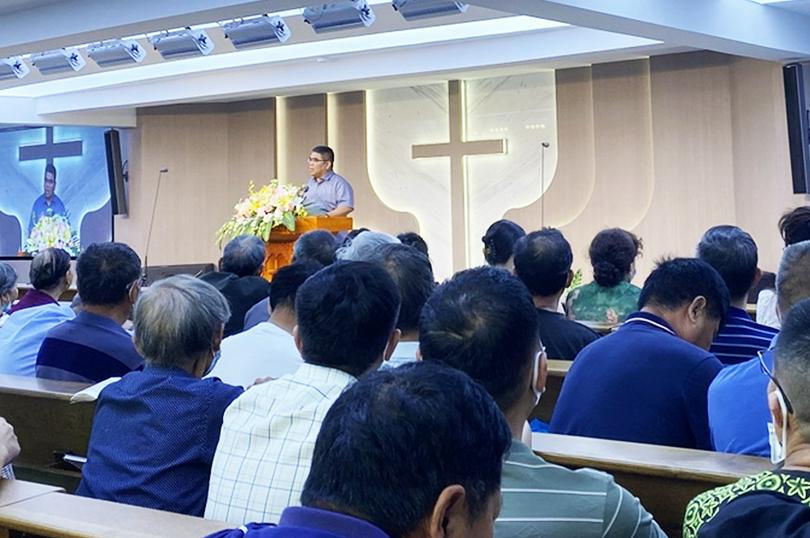In recent years, many registered churches implement a program of affiliating unauthorized churches (meeting points) to help them gain legal status. Typically, the central church is in charge of these meeting places' pastoral, administrative, financial, and personnel aspects.
There are three main reasons for adopting this model. First, some meeting points may lack the necessary approval conditions for public gatherings, needing to affiliate with a registered church or venue. Second, it facilitates meetings for believers who live far from the main church. Third, it can unify believers and guard against heretical sects.
Overall, this model has proven effective. Some meeting points, initially with less favorable conditions, have developed over the years and become comparable in strength to the main church.
However, there have been instances where the development of meeting points was less than ideal. For instance, one meeting place started out in a temporary home that a Christian woman donated, with her paying for the housing and utilities rather than other members of the congregation. Unfortunately, the temporary residence was later demolished as an illegal structure. In desperation, the church had to rent a local house, incurring substantial annual rent expenses of about tens of thousands of yuan and daily operational costs far beyond the yearly donations of a few thousand yuan. Moreover, believers decreased as many moved to better living conditions.
In such instances, the central church found itself obliged to financially support its branch church, as well as other gathering sites. Consequently, it considered revoking certain meeting points, a decision met with opposition from certain individuals, especially the congregants of the branch church.
It is essential not to assume that once a meeting point is established, it must exist indefinitely. It can also be merged or disbanded.
When deciding whether to revoke or merge them, several factors should be considered:
If a meeting point experiences a consistent decline in attendance and cannot afford the rent, it may need to downsize or face revocation.
With periodic financial and human resource costs, gathering sites close to the church and located in sparsely populated areas can consider carrying out periodic visitation and contact.
If the church has implemented effective measures against heresies and infiltration and there is no longer a need for the meeting point, some venues can be discontinued.
(The article was originally published by the Gospel Times and the author is a pastor in Jiangsu.)
- Translated by Abigail Wu











